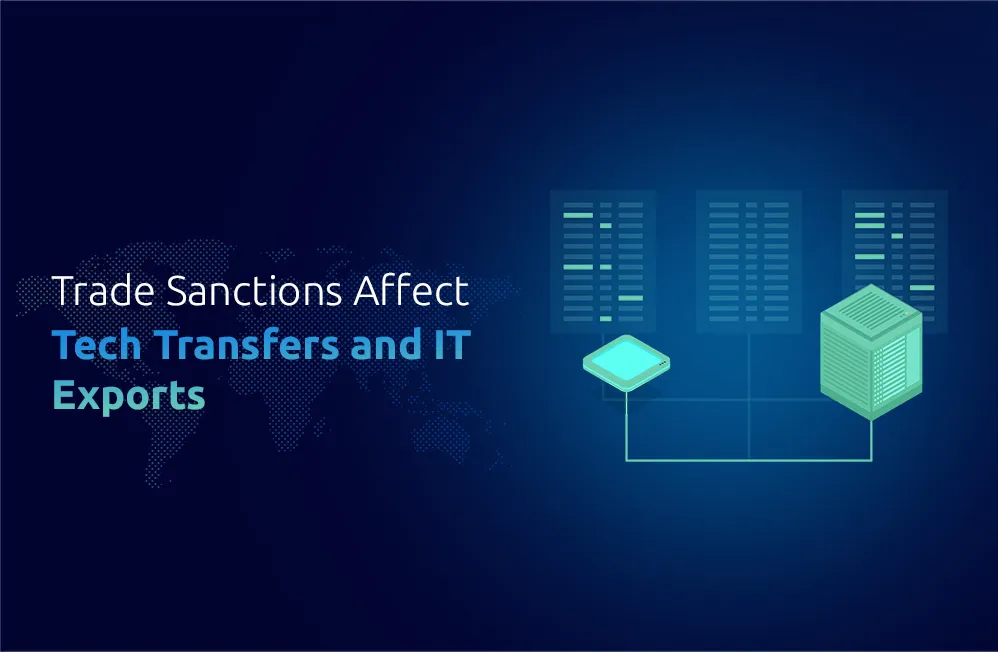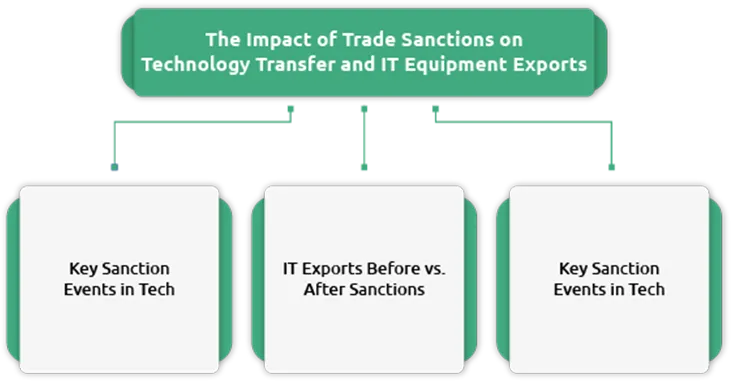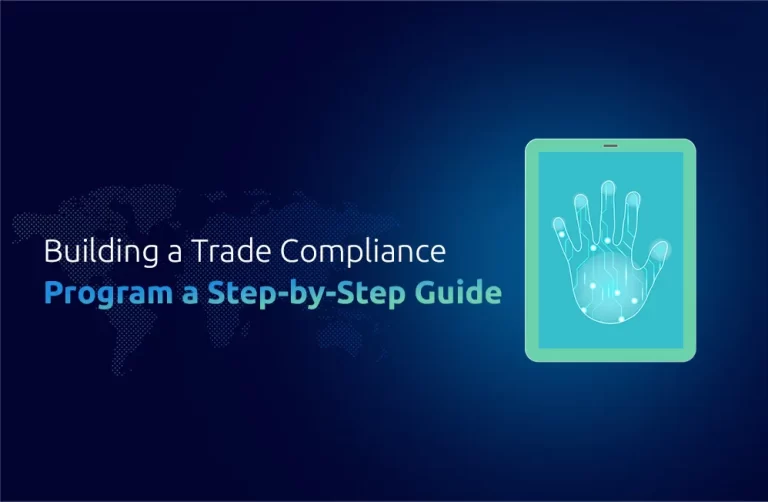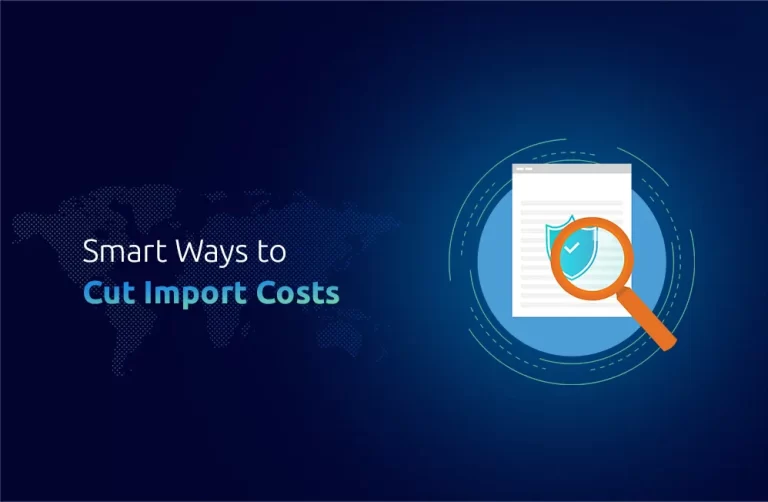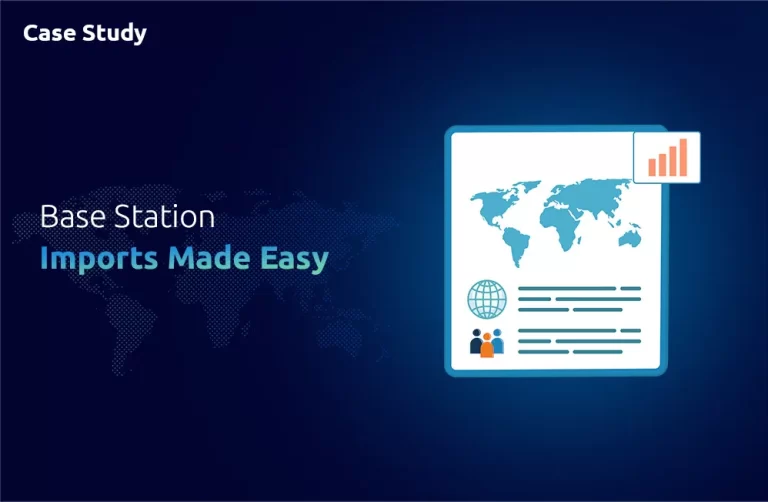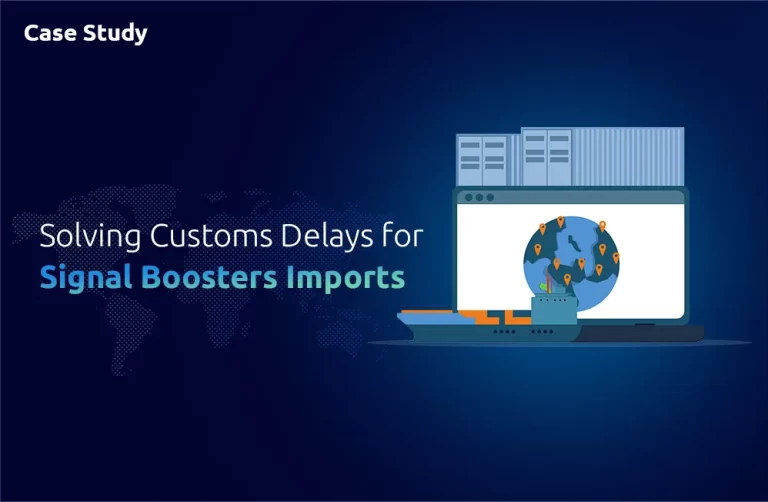Insight
The government’s implementation of trade sanctions creates profound economic changes for international trade within industries, including IT equipment, data centres, & high-tech exports. Sanctioned policies aimed at specific entities tend to disrupt the essential movement of important products and services and technological solutions between international frontiers. The global economy needs technology transfer because it involves the exchange of technology together with knowledge and expertise between entities. Trade sanctions create major disruptions to the business process through their influence on high-demand sectors, including IT equipment and data centres.
Understanding Trade Sanctions and Their Effects
The government operates trade sanctions to control commerce, specifically between certain nations, entities, and individuals. The various regulatory measures encompass economic sanctions, trade embargos, assets, specific limits, and actions on technology and goods transfers. Sanctions exist mainly to resolve political conflicts and human rights offences and ensure national security stands firm.
Technology export plays a fundamental role in IT equipment industries, so trade sanctions create major challenges for these organizations. The export rules for advanced technologies exist in multiple layers of complexity. Businesses need to fulfil nation-state and international legal requirements. Economic sanctions against trade operations restrict businesses from transferring technology, exporting equipment to targeted areas, and breaking down existing business connections and supply channels.
The Role of IT Equipment in Technology Transfer
Global technology transfer relies heavily on IT equipment because these tools form the essential infrastructure for current communication systems, computer operations, and digital services. The export of IT equipment, consisting of hardware and software and essential components, forms a vital element for industry development and operation, mainly in emerging market economies. Economic development faces impediments when trade sanctions specifically target countries or companies to block their access to modern technology.
Impact of Trade Sanctions on Technology Transfer
Trade sanctions affect technology transfer processes by blocking access to vital technologies and expert knowledge from the global market. Companies must overcome several issues when sanctions exist because they experience product delays, supply chain disruptions, and essential resource and component access limitations.
Trade sanctions have the worst possible effect on innovation through their detrimental impact. Advanced technologies that developing regions need for their technological advancement mostly arrive through importation from other nations. Sanctions that restrict technological access create significant obstacles to local innovation because the delayed progress may result in complete innovation stoppages. The ability of businesses to conduct technology transfer is severely constrained by the obstacles that international collaborations face due to trade sanctions.
Compliance Challenges and Export Control Regulations
Businesses operating in the export IT equipment industry must follow strict export control regulations because sanctions have become extensive and technical. Legal boundaries exist to stop crucial technologies from reaching unauthorized parties while simultaneously hindering approved business trade. Businesses that want to perform technology transfer must face complex regulation procedures, which can take substantial time to complete.
The export control rules across different nations require businesses to maintain continual awareness of the specified requirements for each targeted trading location. Most businesses need to acquire permits and additional authorization to export particular technologies to specific regions. Refusing to follow export control rules leads to significant consequences that might include monetary penalties alongside trading restrictions.
The Future of Technology Transfer Amid Trade Sanctions
Technology evolution will drive the global expansion of IT equipment and related technology trade activities. Trade sanctions implemented by governments present substantial impediments to the unrestricted exchange of border-crossing goods and services and intellectual knowledge. Business enterprises must develop alternative risk-mitigation approaches for international trade because governments are willing to maintain sanctions as diplomatic tools.
Businesses may solve this issue by using different alternative technologies and suppliers. Goals and objectives remain active when businesses choose multiple technology providers from non-sanctioned territories. Companies often find growing success by looking into markets and regions where sanctions do not apply to discover additional business expansion possibilities.
Conclusion
The effects of trade sanctions on technology transfer and IT equipment exports have proven to be extremely substantial. Sanctions create troublesome obstacles for businesses because they produce three major operational challenges: regulatory challenges, supply-chain interruptions & restricted access to essential technologies. Companies that succeed in dealing with these challenges must know regulatory modifications, expand their supplier base, and explore additional markets. Business success in a rapidly changing market depends on companies establishing partnerships with experienced trade partners to maintain compliance. One Union Solutions delivers professional expertise to assist businesses with complex regulatory needs, maintaining streamlined technology transfers and exports that follow all governmental requirements.
Did You Know,
The U.S. Department of Commerce reported that IT equipment exports worldwide reached over $1.5 trillion during 2020 while American exporters took possession of more than 25% of this total.
FAQs
- How do trade sanctions impact IT equipment exports?
Trade sanctions prevent companies from acquiring important technological components and materials, which presents a barrier to exporting IT equipment into sanctioned areas. Due to restricted technological and component access, supply chain operations experience delays and disruptions.
- Which obstacles prevent the transfer of technology when trade restrictions are in place?
The main obstacles involve restricted technology access and international partnership restrictions and strict export control regulations.
- What steps can businesses take to meet requirements under export control regulations?
Business operations must understand target country regulations for international trade, acquire relevant permits/licenses, and seek expert legal advice to fulfil national and international legal requirements.
- Can businesses avoid the impact of trade sanctions by diversifying their suppliers?
Yes, diversifying suppliers & markets can help businesses reduce their dependence on regions subject to sanctions, ensuring that their operations continue without significant disruption.
- What are the potential solutions for businesses facing restrictions on technology transfer?
Businesses can explore alternative technologies, diversify their suppliers, and consider new markets to mitigate the impact of trade sanctions on their technology transfer and IT equipment exports.

